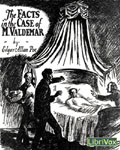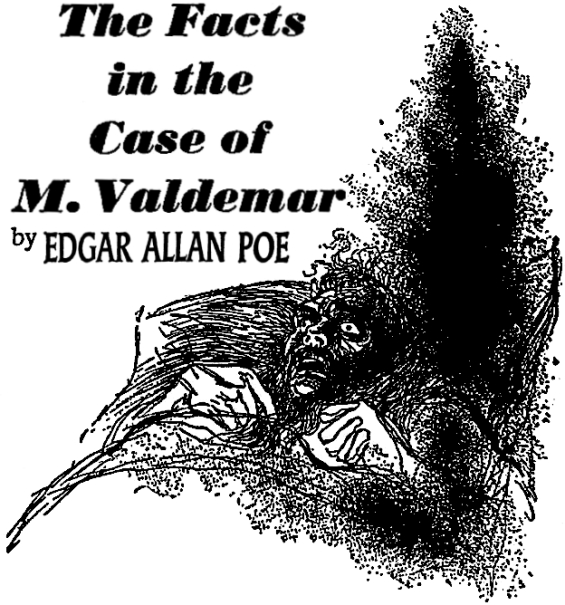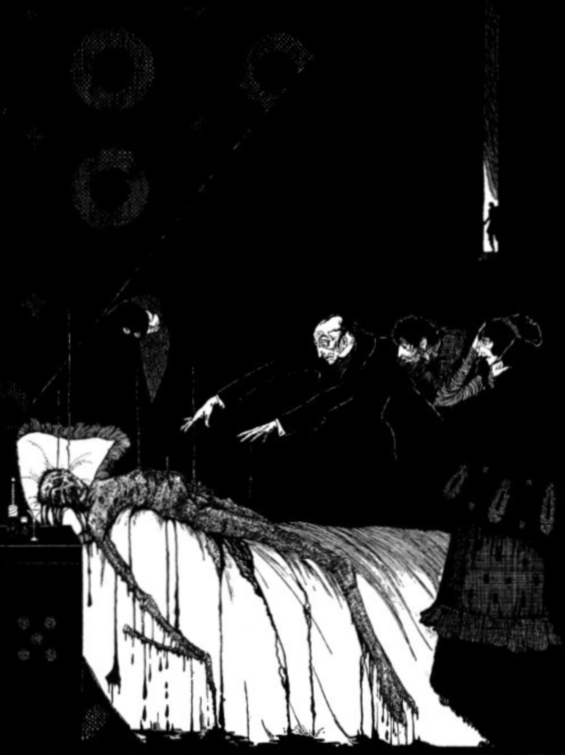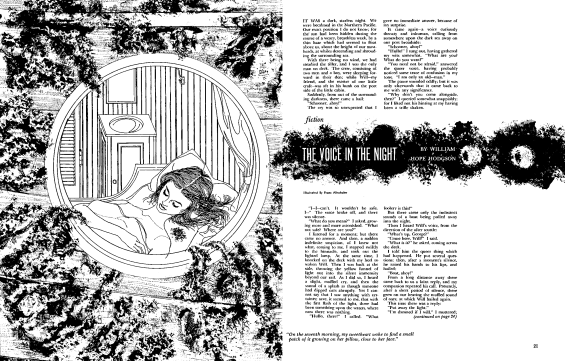
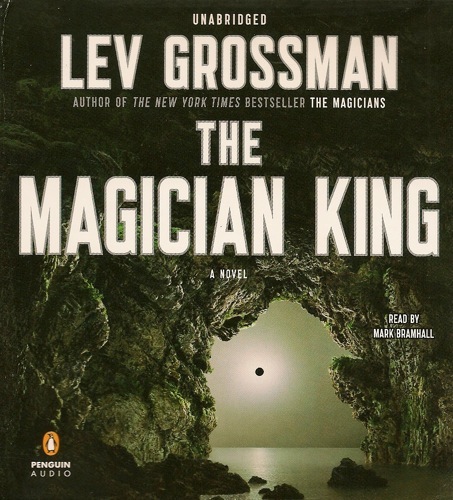 The Magician King
The Magician King
By Lev Grossman; Read by Mark Bramhall
13 CDs – Approx. 16 Hours [UNABRIDGED]
Publisher: Penguin Audio
Published: 2011
ISBN: 1611760259
Themes: / Fantasy / Magic / Wizard School / Alternate Worlds / Gods /
What does it mean to be the Hero on a Quest? What does it cost? Perhaps this is something you might want to find out before you go looking everywhere for one.
It is two years since the final scene in The Magicians (Read the Review). Quentin Coldwater is now one of the Kings of Fillory, that Narnia-esque fantasy land from the series of books he read as a child. Fellow King and Queens are fellow Brakebills Academy graduates Elliot, the self-obsessed fop, and Janet with whom Quentin had a very brief dalliance, with tragic consequences. There are to be two Kings and two Queens of Fillory with Quentin’s pre-Brakebills friend Julia taking the fourth crown.
Quentin is still emotionally scarred from the tragedies of the first book and is struggling to find a reason in his life. Again this leads him towards a search for a Quest. Despite being a King in a magical realm where you would have to go far out of your way to prevent the land from producing a bountiful harvest. It still isn’t enough, Quentin feels the need to be doing something important. One thing the Fillory was good for in the books about it that he read while growing up, was that the Chatwin children always had a quest to complete when they visited.
After a false start on a quest involving a madly thrashing over-sized clock-tree, Quentin embarks on a trip to the most remote island of the realm of Fillory. To collect on unpaid taxes. He was getting desperate to find his quest and this come up at the wrong time. Never mind that the cost of outfitting the ship and getting there would out strip the value of the unpaid taxed several times over.
Accompanying Quentin on his fools quest is Queen Julia. In The Magicians Julia was the school friend that also sat the Brakebills entrance exam, but didn’t make the cut. Half of The Magician King is told from Julia’s perspective, as we follow what brought her from failing that exam to where we found her floating in the air beside Elliot and Janet at the end of The Magicians. This half of the book is the more compelling of the two as we learn about the world of Magic that isn’t controlled by the establishment as exemplified by the Brakebills Academy.
The main quest that Quentin and Julia follow, The Search for the Seven Golden Keys of Fillory, inadvertantly takes them out beyond the furthest isle of Fillory and lands them in the one place neither of them ever wanted to be. Back home of Earth. Although Earth isn’t as magical as Fillory, there are still wonders here to be found, such as Dragons.
Julia is the real treasure in this novel. A minor character in the first book, she rivals and surpasses Quentin for the position of protaginist. Although half the book is written from Quentin’s perspective, you should pay close attention to Julia. The two halfs tell of the terrible path that this poor tortured woman drove herself along after glimpsing the secret world of Brakebills. She is a broken and empty shell as Queen Julia, slowly finding parts of herself as she and Quentin struggle to find the Keys that will prevent Magic from dissappearing from all of the different realities. Especially important to Fillory as it can’t even exist without Magic. For the Old Gods have returned. No, not Cthulu. The Gods who created the Neitherlands, and accidentily left open the loophole that allows humans to do magic at all. Something got there attention and now they know that there is a loophole, and they are working to close it.
Quentin and Julia are both compelling characters. Quentin is still a bit of the Emo kid he was in the first book and his desire to be the Hero teaches him the cost real Heros must be prepared to pay. Julia through the two storylines has a woderful depth to her. She isn’t necessarily likeable, she is even more obsessive then Quentin in the flashback story. An obsession that costs her dearly.
Grossman’s world of Magic, although having some of the trappings of a Narial-like fairytale, it has much more in common with the original dark fairytales before they were sweetened for Victorian children. Magic is powerfull and the consequences, when they come, are swift, severe and utterly pittyless. We do get to see the awesome potential of the Magic that Quentin wields as he finds in himself the real Magician King. What he and his friends had been doing before was just playing with kid-gloves.
Mark Branhall again narrates, bringing out each character well and maintains consistent voices for characters from The Magicians.
This is a more developed narrative than the first book, which stood well on it’s own and didn’t leave you feeling there was a need for a sequel. The Magician King‘s story is also self-contained, but you should have read book one to appreciate it properly.
Posted by Paul [W] Campbell


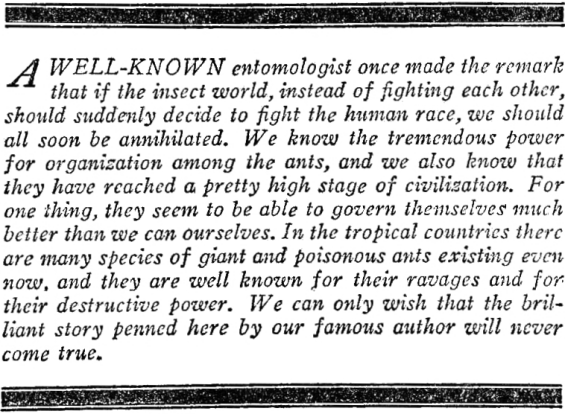
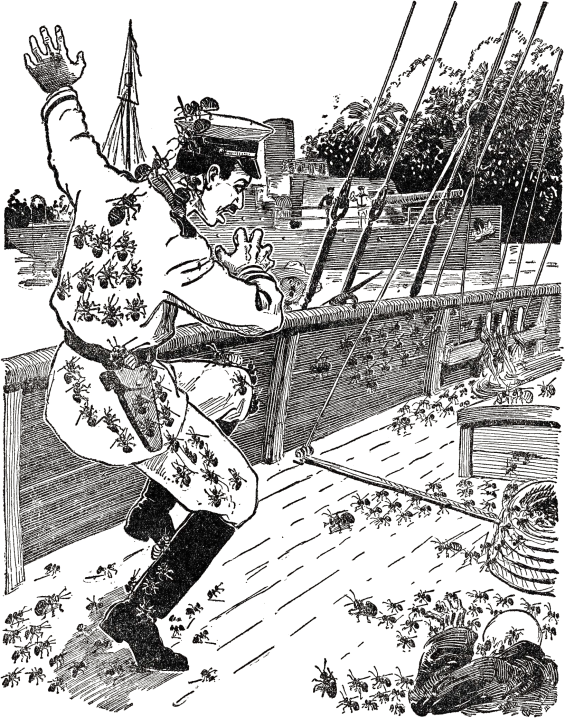
 The Empire Of The Ants
The Empire Of The Ants In my reading about The Frozen Pirate,
In my reading about The Frozen Pirate, 